I have often thought that the state of Nigerian football is usually reflected in the state of the country itself, that football cannot be immune from what happens in the rest of the polity.
Football is such an integral part of the people that whenever the country is doing well, politically and economically, if one looks closely, it is most likely that football would also be doing well.
Even though this cannot be supported empirically, many people, including my friend, Osasu Obayuwana, who called me up earlier this week when the draws of the African qualifiers for the 2018 World Cup were announced to express a similar opinion, believe that given the current state of affairs in Nigeria we should forget about going anywhere near Russia in 2018.
You can understand, therefore, my undivided interest attempting to peer into the future, beyond the unfavourable physical conditions around the team, to see how Nigeria will fare in Group B, described already by most analysts as ‘the group of death’.
I am thinking. There does not seem to be much hope ahead. The country is passing through really challenging times, economically and politically, a painful but essential cleansing process that it needs to go through to come out shining at the end of that tunnel. In that state of affairs, in my humble view, Nigerians should also brace themselves up for a truly difficult mountain climb during the World Cup campaign.
The qualifying matches are already upon us with less than three months to go before the start of the first set of matches. Meanwhile, Nigerian football has been in turmoil for over one year since the elections into the current board of the Nigeria Football Federation took place. There does not seem to be an end of any sort in sight.
The body language of the principal combatants in this ugly situation suggests that no meaningful resolution of the crisis would take place any time soon to set the country back on the trajectory of progress where it can start to achieve its well-acknowledged potential as a future football superpower in the world.
So, with the state of affairs of the country what chances for Nigeria qualifying for the 2018 World Cup? That is now the big question as Nigeria is drawn in Group B of the 2018 World Cup African qualifiers.
The group parades four of Africa’s strongest footballing nations.
Nigeria is ranked 61 in the world and 13 in Africa according to the latest global FIFA rankings.
The second team in the group is Algeria, ranked 32 in the world and the highest ranked African country.
The third and fourth teams are Cameroon, ranked 58 in the world and 11 in Africa, and Zambia, ranked 79 and 21 in the FIFA and African rankings respectively. Zambia is the only country below Nigeria in the rankings.
To look at the table of the rankings is to start to appreciate the humongous mountain that Nigeria has to climb to get to Russia in 2018.
What are the country’s chances?
The signs are ominous to say the least.
To start with, football administration is in crisis.
An aggrieved Senator Chris Giwa, who challenged the process leading to the election of current president of the federation, Amaju Pinnick, has refused to allow sleeping dogs to lie and has rendered administration impotent. For over one year, therefore, Nigerian football has known little peace leaving its national team in tatters.
The federation is also very broke. It has been unable to fuel its activities and meet all its obligations. The national team has not had a coach of its choice for several months. As a result of the high turnover of national team coaches the country does not have a set of players consistently playing together to make a team that can win matches. Nigerians even find it difficult to name the players in the national team these days. Players just pop up on the radar screen from the blues and don the national colours, often times not able to justify their call up to the team.
The federation that could not meet its financial obligation to its indigenous coaches is now proposing to hire a foreign coach that will earn several times more without any guarantees of success. This has created an avoidable face-off between the minister of Sports and the federation heads.
The bottom line is that the national team, the Super Eagles, the pride of the nation, a soothing balm for the people even during tough political and economic times, is anything but ‘super’ at the moment.
Add to all these the recent resignation of Sunday Oliseh as national team coach that raised several unanswered questions, and the sudden recent deaths of two of the country’s most successful coaches owed unpaid wages and with frosty relationships with the federation, the result is a smoldering pot of chaos and crisis without an end, a federation under fire from the media, the public, and even from government.
With all these distractions in football administration the players no longer occupy the front seat in football matters. There is little to motivate them and turn them into the fighting warriors that they once were, ready to fight till the end and ‘die’ for country.
The production room of exceptionally talented players is drying up fast with a lack of focus on development of the game at the grassroots, in schools and in well-run and well-funded clubs and academies.
That is the state of Nigerian football going into a challenge against Algeria, Cameroon and Zambia!
Except a miracle of some sort happens, Nigeria will not be fully ready for the daunting and difficult matches ahead.
Zambia have always been a hard nut to crack for Nigeria as a result of Nigeria’s style of play that traditionally suits Zambia’s close marking, fast running and quick passing style.
The Cameroons are one country that believes, along with Ghana, that their football is superior to Nigeria’s. They are always unafraid to take on Nigeria. Nigeria usually has to be at their best to match and beat the very physically intimidating Cameroonians with their aggressive yet highly technical style of football.
The Algerians have been Nigeria’s Nemesis at critical times several times in the past.
Their current ranking is well earned and well deserved. They are the most technical of Nigeria’s opponents and to defeat them would require that the Super Eagles must also be at their best psychologically, physically and technically.
Having said all that the Super Eagles are not an easy team to defeat anywhere, any time. They would, therefore, not be any team’s sitting duck.
They will put up a brave fight and leave Nigerians hopeful despite all the glaring evidences they should not be.
In the end Nigerians will pray very hard for an undeserved miracle, for that’s what the country would need to make it to Russia. Everything else points in the opposite direction!

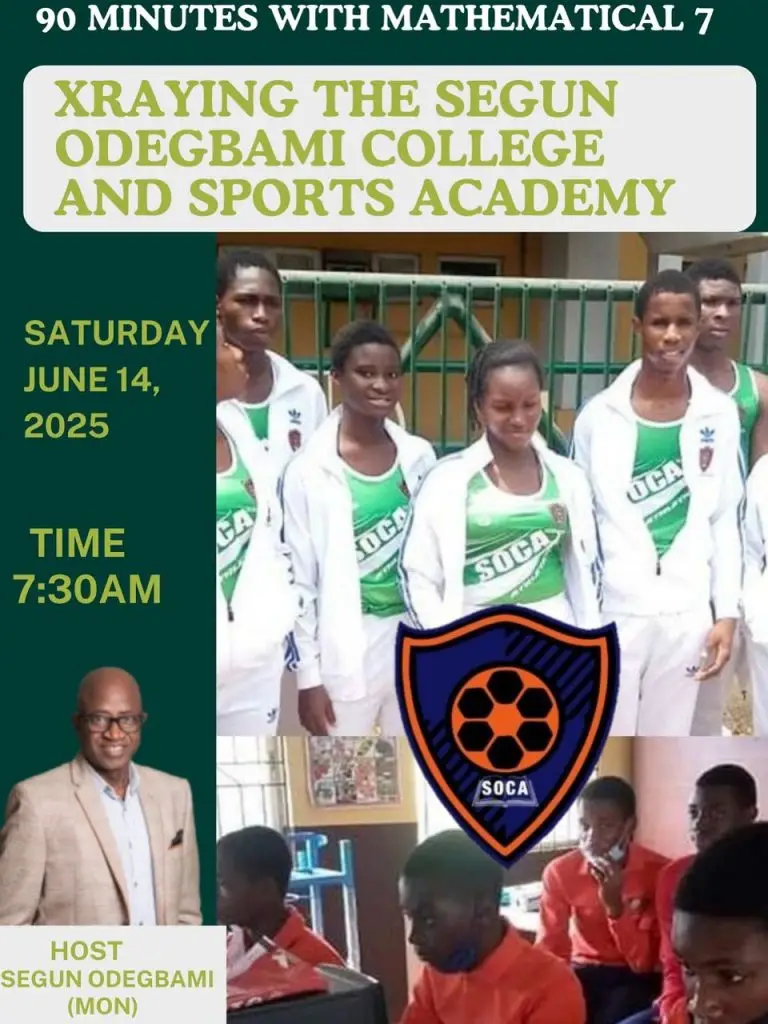
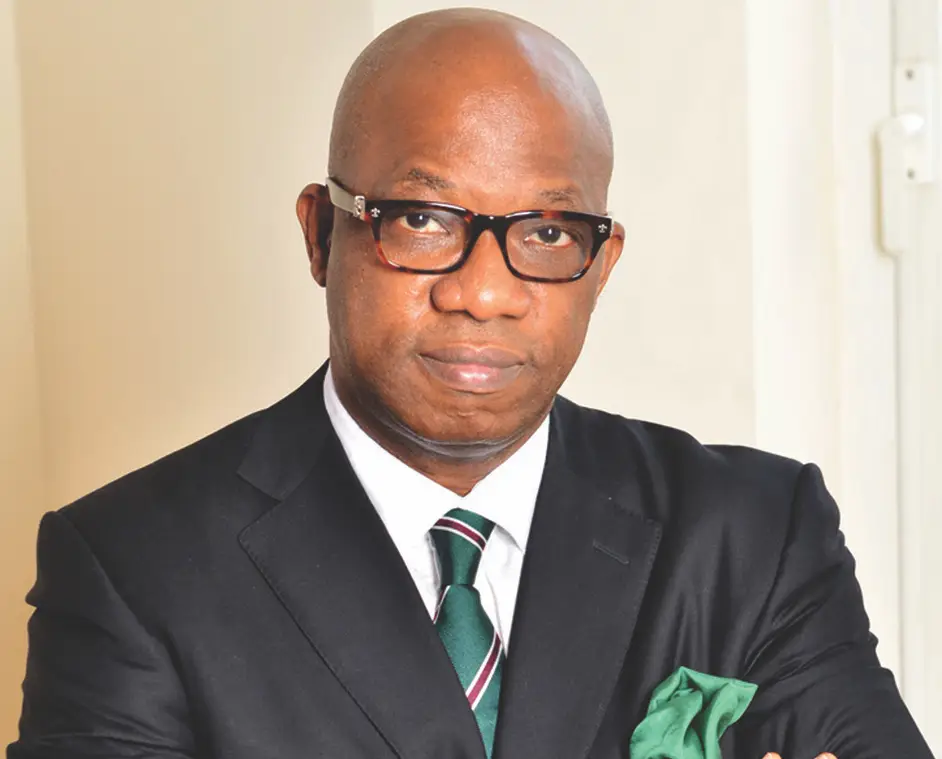
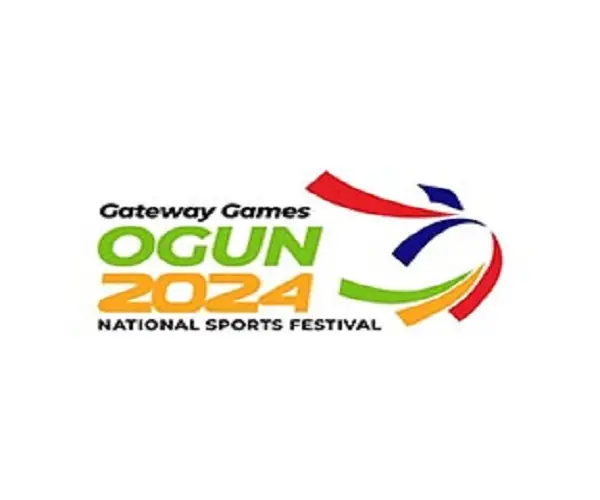
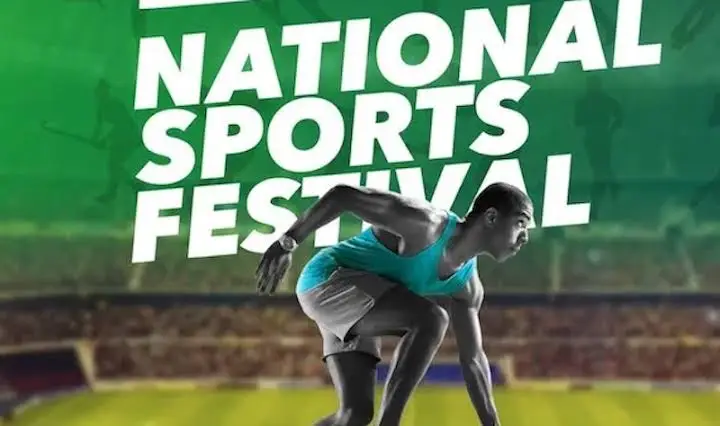
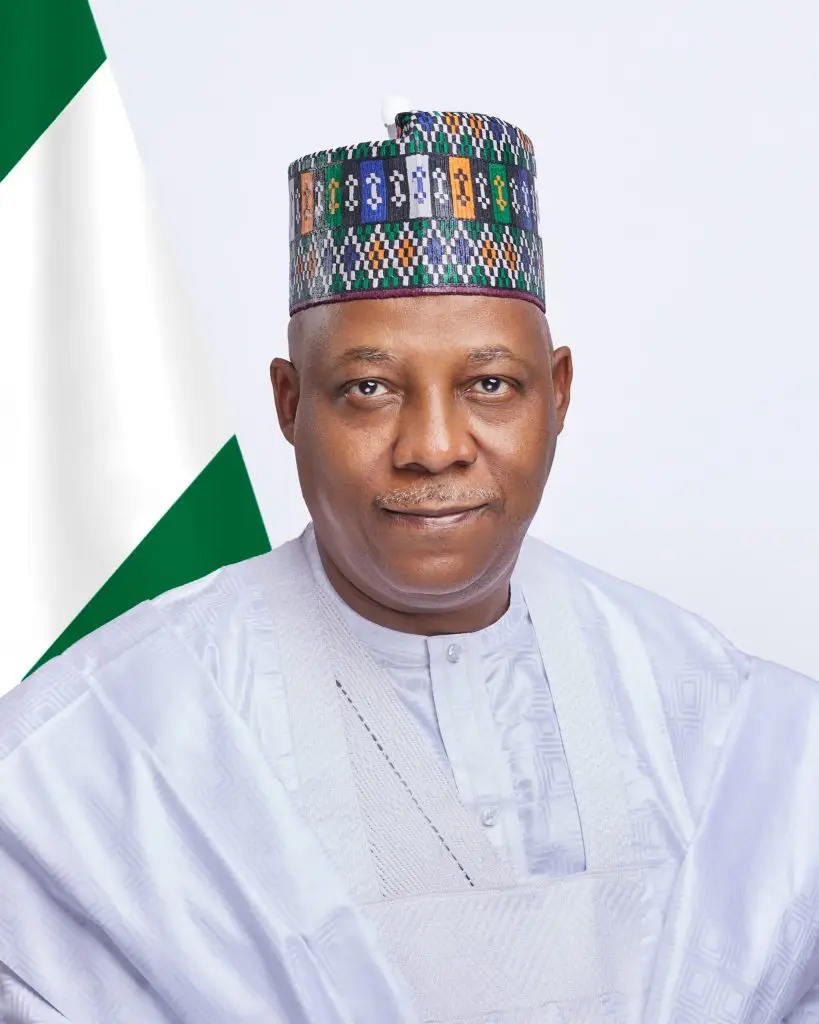



We all know we cannot qualify from this group. We don’t have a team, we don’t have a coach. We have no hope. Maybe Qatar 2022…??